Breaking
- MENU
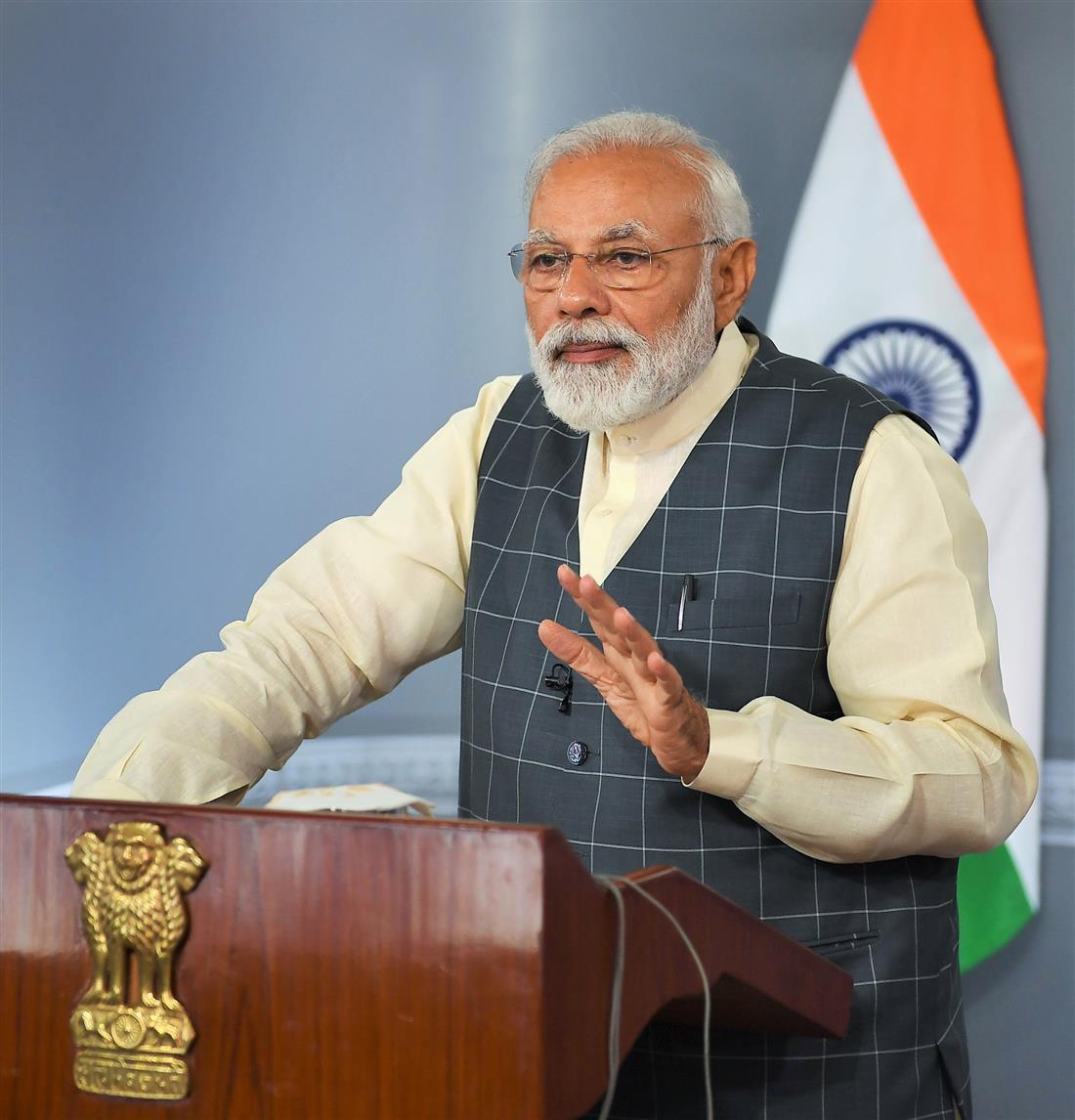
The resounding re-election of Prime Minister Narendra Modi is a blessing for India's relations with the countries of the Middle East. With Sushma Swaraj not contesting in these elections, India will be looking for a new External Affairs Minister, but Modi's imprints will be more pronounced than before.
During his first term, Modi had invested considerable political capital, time and resources in cultivating critical players in the Middle East, namely, Saudi Arabia, United Arab Emirates (UAE), Qatar and Iran in the Persian Gulf region, and Israel in the Levant. Through personal engagement and hardnosed economic interest-driven calculations, he managed to befriend leaders of these countries, who at times do not talk to one another.
The second term should enable Modi to reap the fruits of his political investments and elevate his engagements to a higher level. At the same time, he will not be able to escape from some of the pressing and challenging problems.
First and foremost, will be Iran, which has been a major foreign policy challenge since the end of the Cold War. Domestic electoral success will not be enough for Modi to override the determination of the Trump Administration to halt Iran's oil exports completely. The US refused to extend the 200,000 barrels per day waiver granted to India last November, and this meant that India would not be able to import crude oil from Iran from May 2 without evoking American displeasure and even anger. A section of the political class, largely unrepresented in the new Lok Sabha, might advocate a defiant stand to exhibit India's strategic ‘autonomy.’ States do not have the luxury of committing hara-kiri. Hence, Modi will have to devise a balanced approach vis-à-vis the United States and its demands on Iran.
Along with the November waiver on imports, the Trump Administration had excluded Chabahar port from the purview of sanctions. This should give Modi a golden opportunity to satisfy both the United States and Iran. The actual Indian investment in the Iranian port is much lower than the US$ 500 million touted in official circles. By enhancing its financial commitments to the Chabahar Port project, India could mollify Iranian displeasure over the stopping of crude imports.
In other words, what India needs to do is stop the import of Iranian crude to satisfy the United States and expand its financial commitments to the Chabahar project to keep Iran in good humour!
Second, Modi should slash the bureaucratic cobwebs and enable the flow of investments from the UAE and Saudi Arabia, which have committed to invest up to US$ 75 and 100 billion, respectively, in India. If the Ratnagiri refinery does not take off due to land issues, Modi should explore other western coastal states to facilitate Saudi-Emirati investments in the mega refinery project. Should Etihad exit from the troubled Jet Air, Modi’s personal equation with the Emirati leadership, would be helpful in the privatization of Air India.
Three, the ongoing intra-Gulf crisis over Qatar does not serve India's interest. Given its economic, political, energy and expatriate links, an early resolution of the Saudi-Qatari standoff is in India's interest. Mediation often comes with inadequate returns and burns, and India has eschewed, and rightly so, the temptation to mediate the Arab-Israeli conflict or the Saudi-Iranian rivalry. But the intra-Gulf Arab acrimony is different and India's stakes are vital. Further, during his first term in office, Modi had established a personal rapport with all key players involved in the crisis, namely Saudi Crown Prince Mohammed Bin-Salman, Emirate Crown Prince Mohammed al-Nahyan and Qatari Emir Tamim al-Thani, and have met them many times. Modi should use the massive domestic mandate and his personal contacts with these leaders to initiate a dialogue process. It is both a doable and vital proposition that Modi considers bridging or healing the rift among Gulf Arab monarchs.
Fourth, China has managed to entice the Gulf Arab countries to endorse and partake in its ambitious Belt and Road Initiative. Given the abundance of sovereign wealth, Arab countries are a better bet for China than impoverished Asian and African economies. This would mean that, India will have to expand its trade basket and move into investment projects with the Gulf Arab countries. The Indo-Omani joint fertiliser company in Sur and India’s economic partnership with Jordan presents a model and precedent for more energised Indian investment in the Gulf economies. The government should also encourage the private sector to expand its presence in the Middle Eastern economies, especially the Persian Gulf region.
Five, India should expand its presence in the Israeli economy and technology market through selective but aggressive investments aimed at technology acquisition. More robust cybersecurity cooperation with Israel would require identification of critical areas and significant financial commitments. Mere statements and Memoranda of Understanding will not get India cutting edge technologies.
Lastly, India's growing political engagements with the Middle East must be given more extensive publicity within the country. Looking primarily through the Pakistani prism, many commentators have either ignored the Indo-Gulf and Indo-Middle Eastern relations or have come to the wrong conclusion that under Modi India's relations with the Islamic world has deteriorated. Nothing could be farther from the truth. Modi has skilfully balanced the Israeli-Palestinian, Saudi-Iranian and Saudi-Qatari binaries and furthered India's interests. Saudi and Emirati leaders have bestowed their highest honours on Prime Minister Modi just days before the Lok Sabha elections, thus indicating the status of India's relations with the Muslim world under Modi. A proper understanding of Modi's Middle East policy since 2014 will not only generate broader domestic support for it but also enhance India's influence in the region. If the mantra of NDA-1 was active engagement, now is the time for action.
Note: The article was originally published as IDSA Comment on 24 May 2019 and is published with the permission of the author. Web link
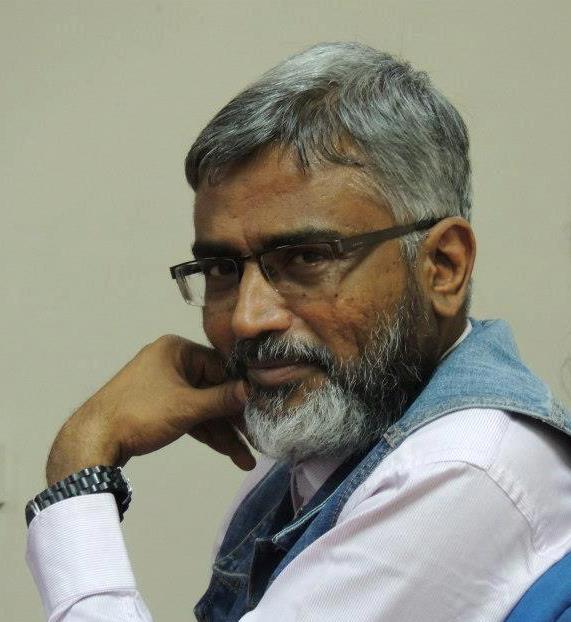
Professor P R Kumaraswamy is Honorary Director of MEI@ND.
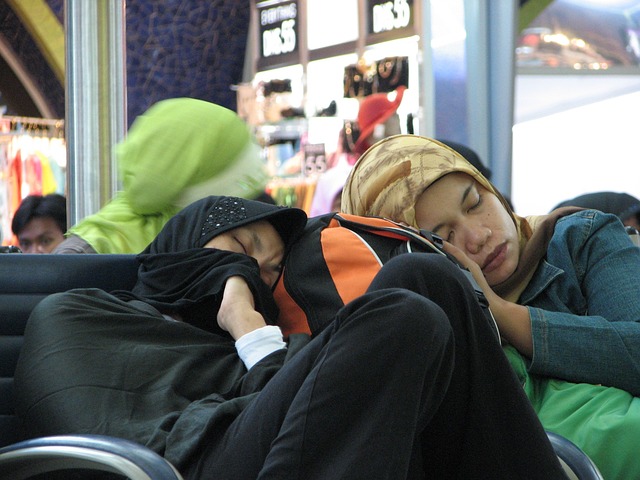
When peace is viewed as ‘surrender’, there is little one can accomplish. Without an effe.....

The magnitude of the missile attack on Israel carried out by Iran in the early hours of Sunday was u.....
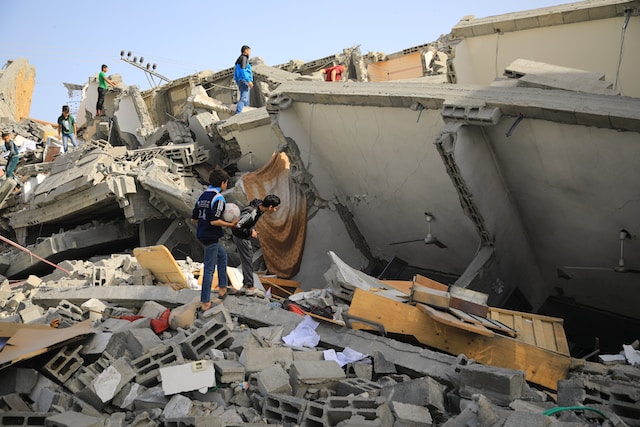
While the details are still emerging, the Hamas attacks from the Gaza Strip on Saturday were well pl.....
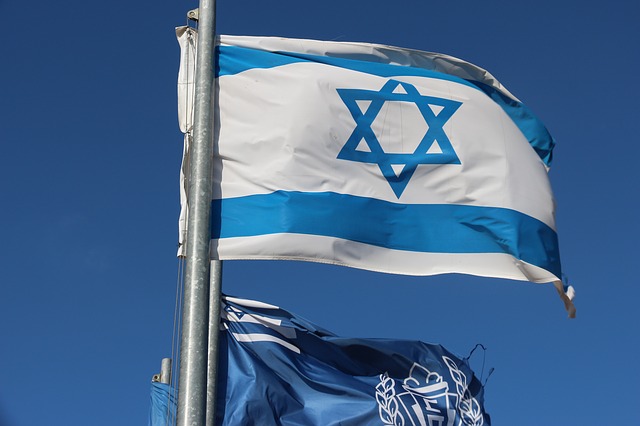
The Libyan controversy reminds us of the more significant problem facing Israel. While the scale and.....
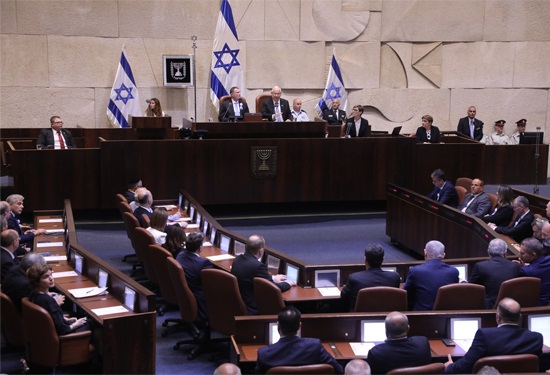
64-0! It should be an impressive vote in any country, especially in Israel, where a simple parliamen.....
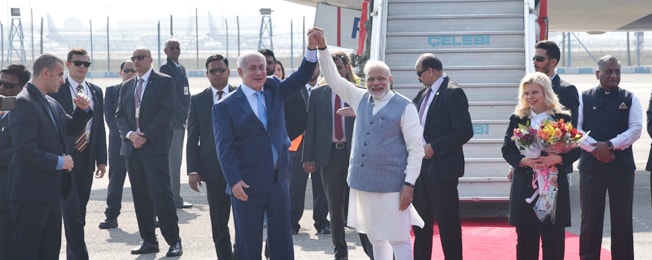
King Bibi is back! After one year in the Opposition, Benjamin Netanyahu, a close friend of Prime Min.....
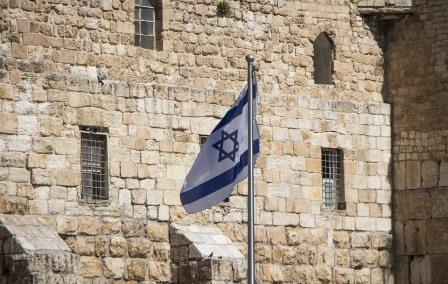
Political instability is an integral and inseparable part of Israel’s landscape. For the fifth.....
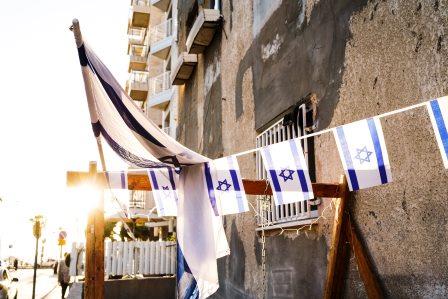
Even by the Israeli standard of coalition fragility, the Bennett-Lapid government, which completed o.....
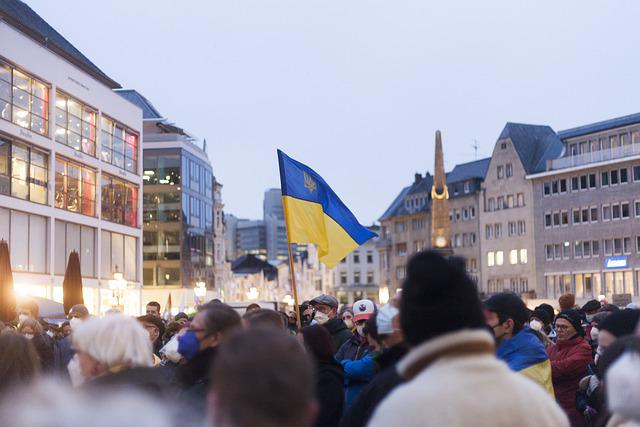
Soon to enter its fourth month, the Russian invasion of Ukraine has made irreversible damages to glo.....
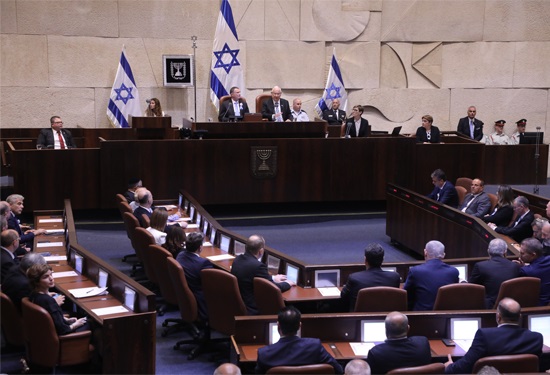
The visit of Israeli Prime Minister Naftali Bennett to India scheduled for last week had to be cance.....
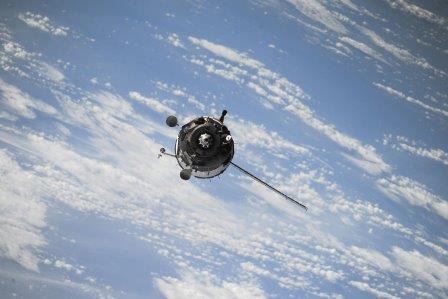
The drone attack on Abu Dhabi on Monday (January 17) by the Houthi rebels marks a major escalation o.....
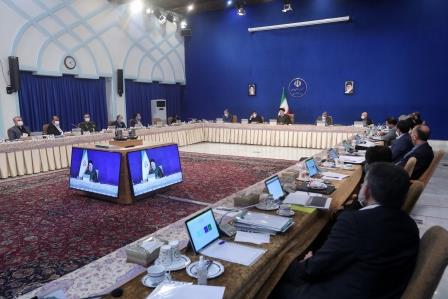
Of late, Israel-Iran shadow-boxing has been getting ominous. If Israel’s diplomatic offensive .....
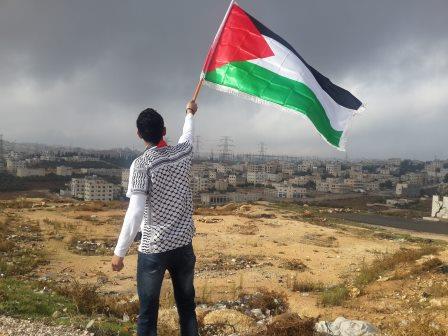
In early November, Moscow hosted Mohammed Dahlan, a former right-hand man of Palestinian leader Yass.....
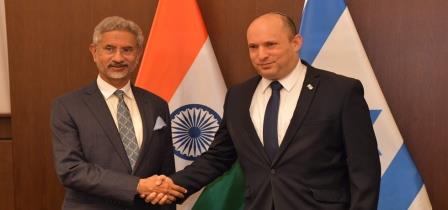
Nearly three decades after Prime Minister P V Narasimha Rao broke from the past and normalised relat.....
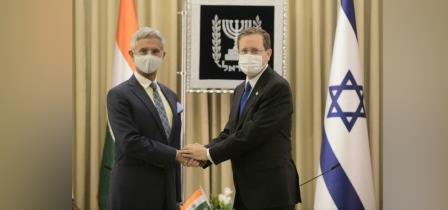
Earlier it was Pakistan and now China. So whatever India does and does not do externally has to be l.....
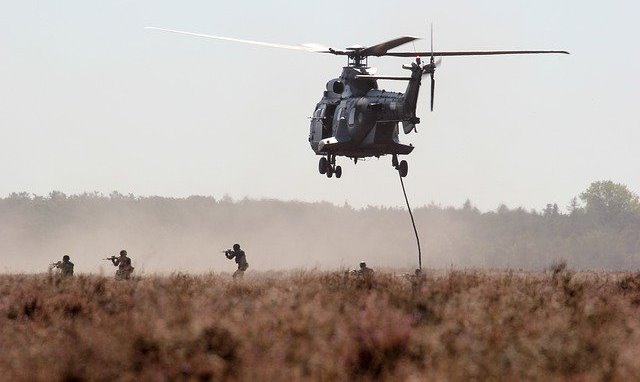
In several ways, the Taliban takeover of Afghanistan can be a game-changer in India’s worldvie.....
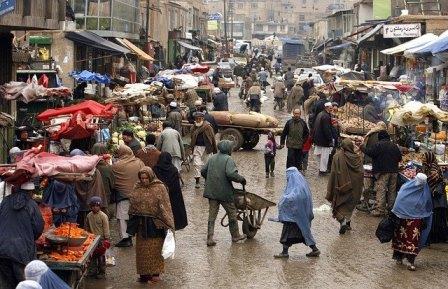
The Taliban takeover and its fallout exposed the limited diplomatic space for India in its immediate.....

Given the travel restrictions, local lockdown and sluggish economic revival, that over three lakh pe.....
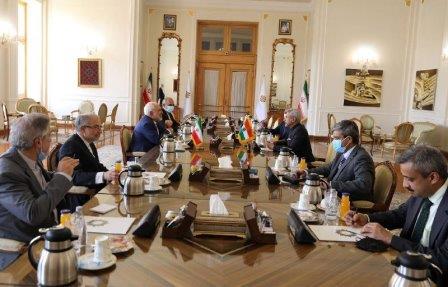
Since 2005, some critical decisions over Iran have been taken by the MEA’s US Division. So que.....
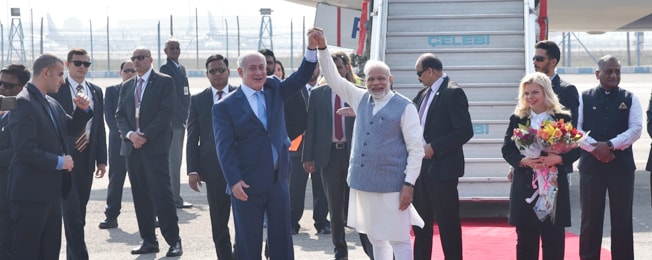
“Bibi dethroned”. This is the expression used in the Israeli media to describe the forma.....
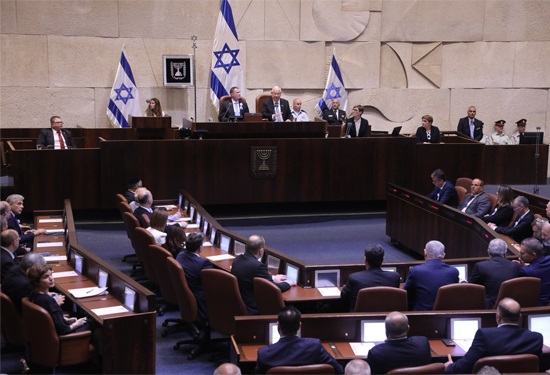
Despite having a woman prime minister in Golda Meir, female political representation in Israel has n.....
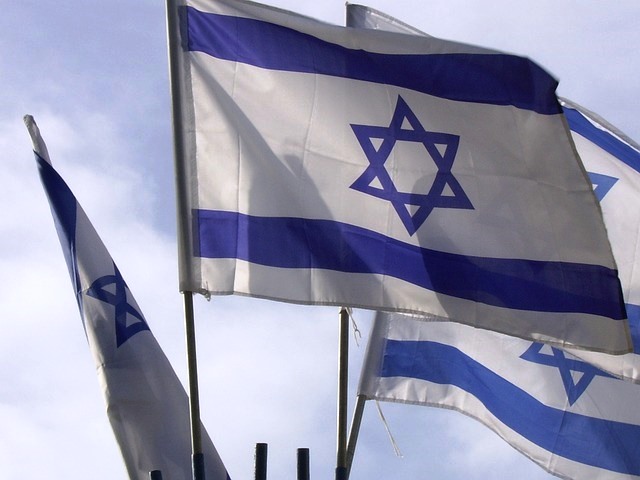
The most interesting aspect of the new Bennett-Lapid government in Israel is the emergence of Mansou.....
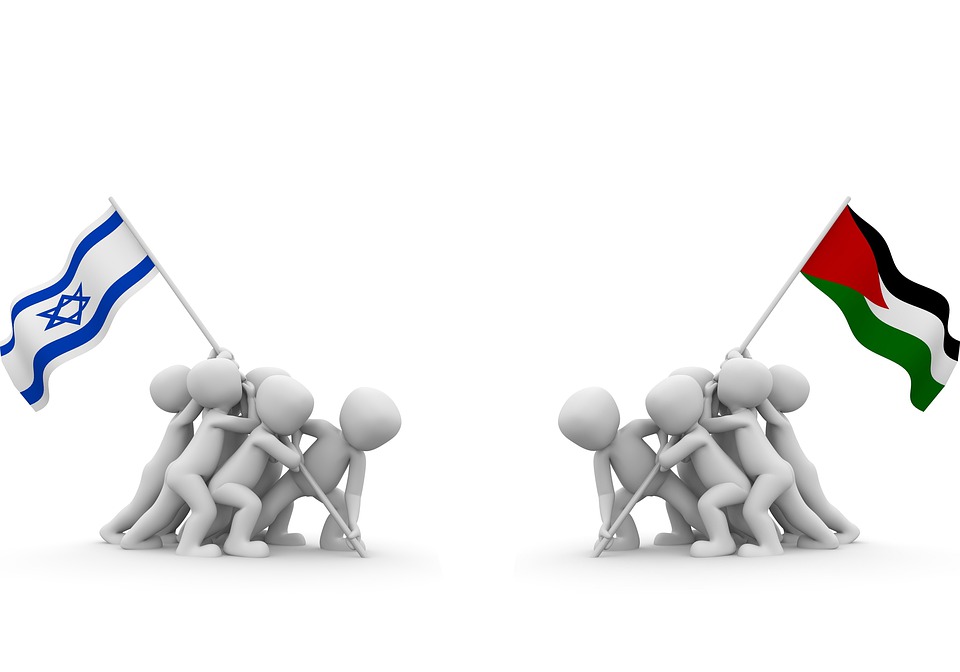
When it comes to mediating international crises, India’s track record is a mixed bag. In recen.....
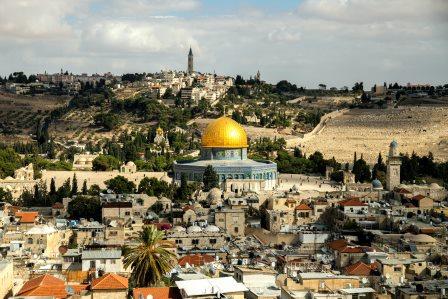
Going by the Israeli media, it is clear that the arm-twisting by the Biden Administration forced the.....
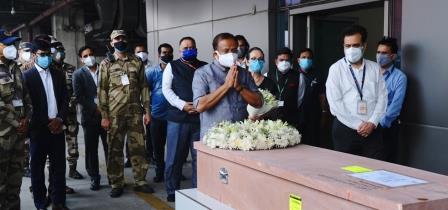
Indeed, Hamas is better placed today than it was in January 2006 and the current round of violence i.....

While the international community wants de-escalation and an early end to the conflict, the chances .....
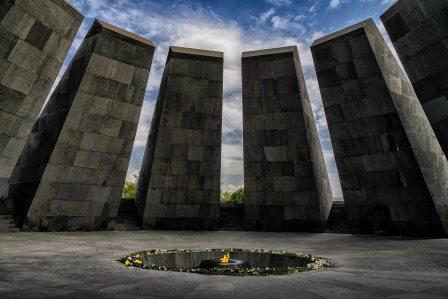
Ending the past silence, US President Joe Biden marked the Armenian Genocide Remembrance Day of Apri.....
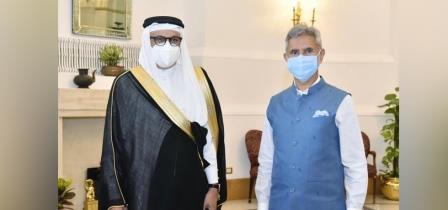
The visit of Foreign Minister of Bahrain Abdullatif bin Rashid Al Zayani to India during 6-8 April r.....
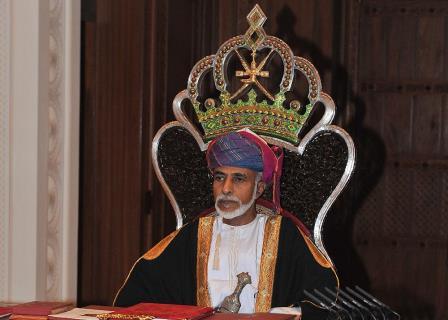
By posthumously bestowing the Gandhi Peace Prize for 2019 upon Sultan Qaboos of Oman, New Delhi seek.....
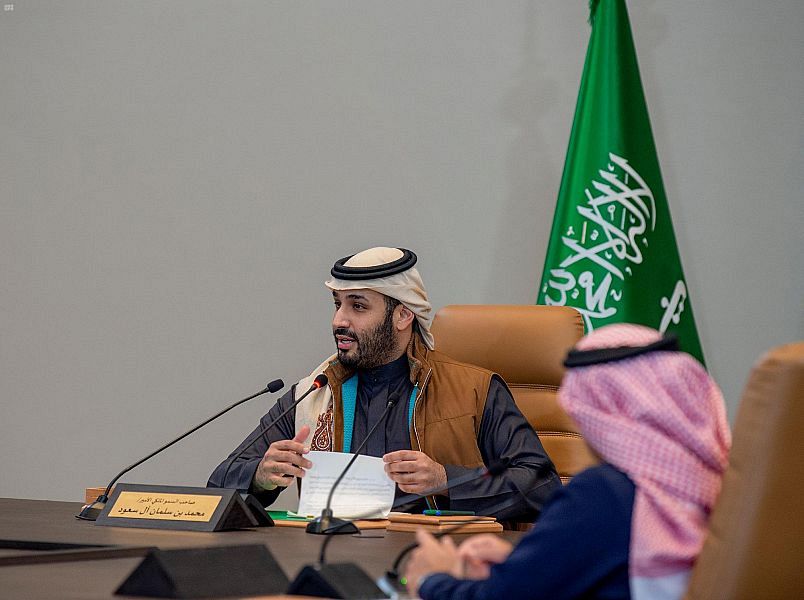
Much to the displeasure and discomfort of Saudi Crown Prince Mohammed bin Salman (more widely known .....
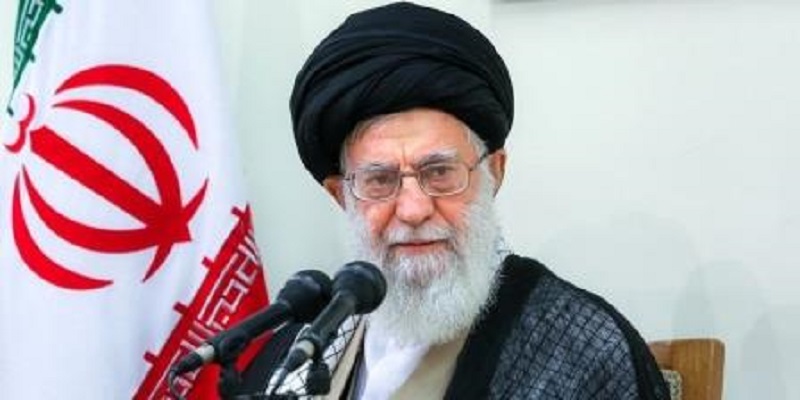
The nomination of Robert Malley, a veteran hand in Washington policy circles, as the Special Envoy f.....
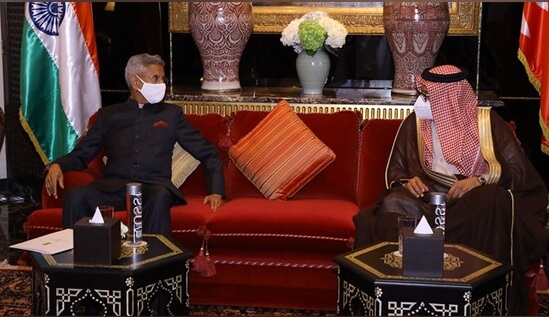
The two-day visit of External Affairs Minister S Jaishankar to the United Arab Emirates last week is.....
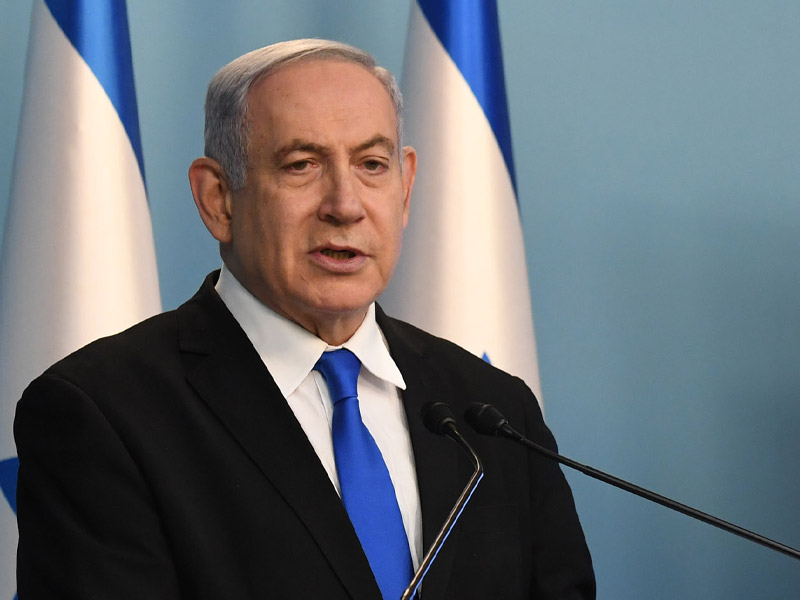
United Arab Emirates’ (UAE) decision to normalise relations with Israel is the most dramatic e.....
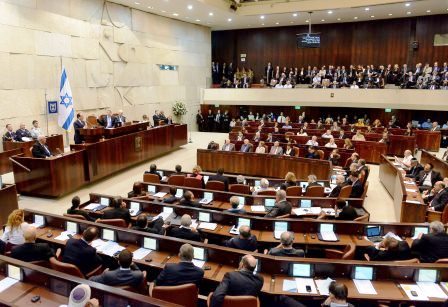
Declaring victory moments after the polling ends has become the hallmark of Benjamin Netanyahu; and .....
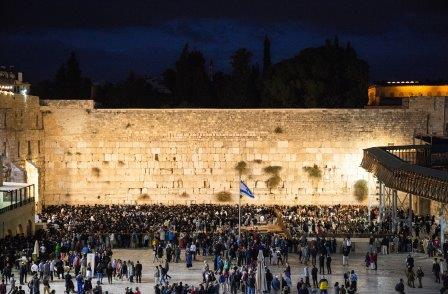
Israel went to polls for the 23rd Knesset on 2nd March. The third parliamentary elections within one.....
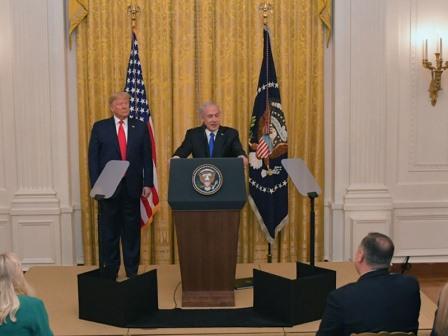
With possible removal from office hanging over their heads, US President Donald Trump and Israeli Pr.....
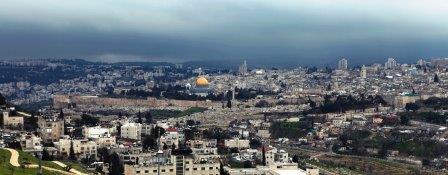
US Secretary of State Mike Pompeo’s sudden and unexpected announcement regarding Israeli settl.....
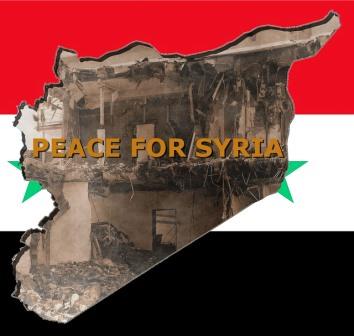
US President Donald Trump’s decision on imposing sanctions on Turkey has rocked the ever-turbu.....
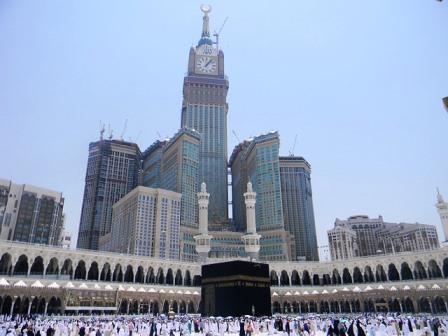
Prime Minister Narendra Modi’s two-day visit to the Kingdom of Saudi Arabia this week highligh.....
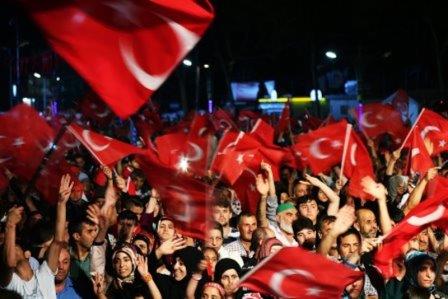
Prime Minister Narendra Modi's reported decision to postpone a planned visit to Turkey comes a c.....
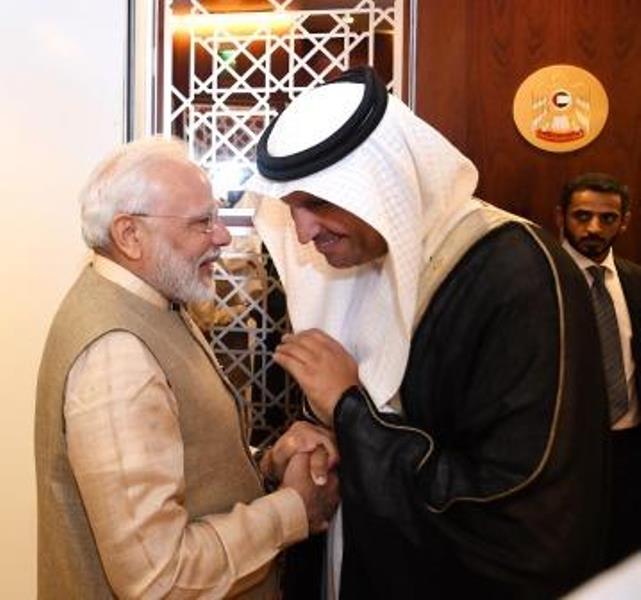
With the sole and notable exception of Pakistan, India's relations with the wider Islamic world .....
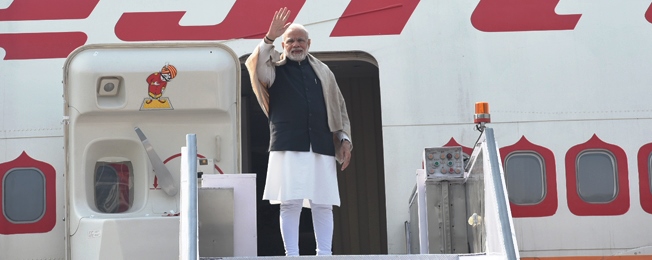
For a long time, India’s relationship with its extended neighbourhood in the Persian Gulf was .....
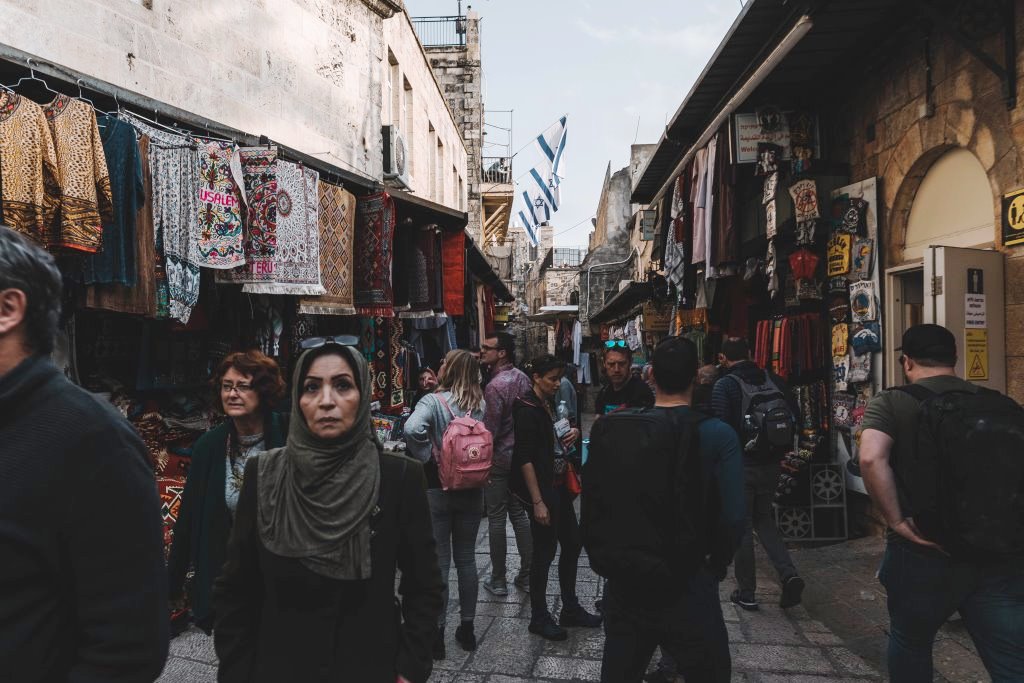
The Israeli legislative or Knesset election last week has turned out to be a rerun of the 9 April on.....
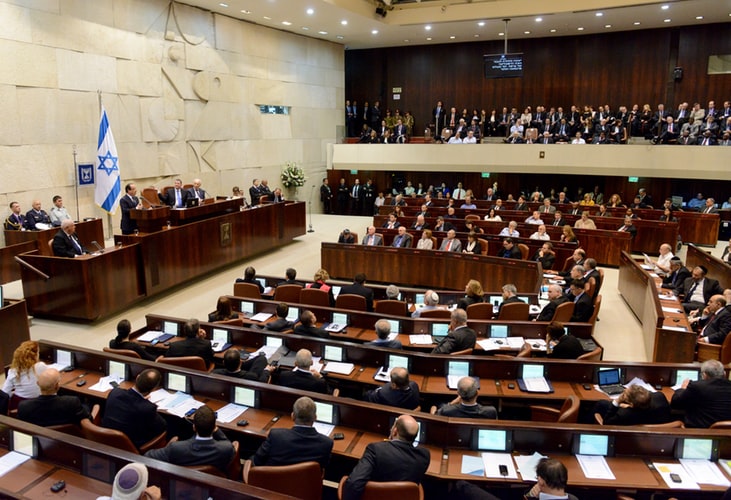
Will 2019 see a third Knesset election? This question is going rounds in Israel as it faces the seco.....
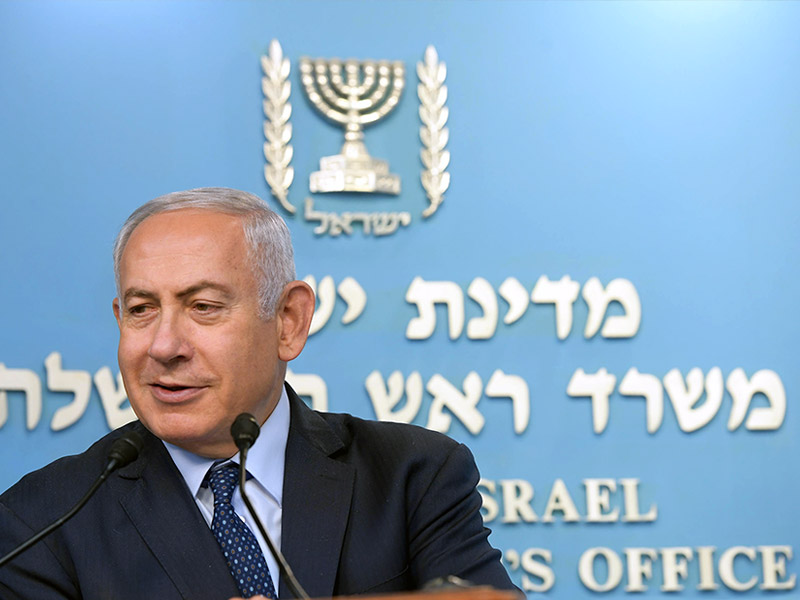
When he called Indian Prime Minister Narendra Modi to congratulate on his re-election with a landsli.....
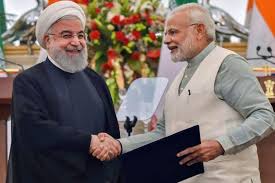
Iran is back in the news and for all the wrong reasons. It has been the unnecessary third .....
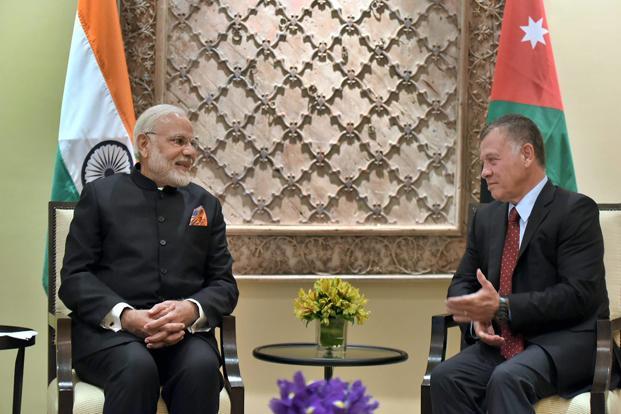
During the close to a century of its existence, the Hashemite Kingdom of Jordan has been, as former .....

In their eagerness to focus on and flag the de-hyphenation of the traditional Israel-Palestinian bin.....
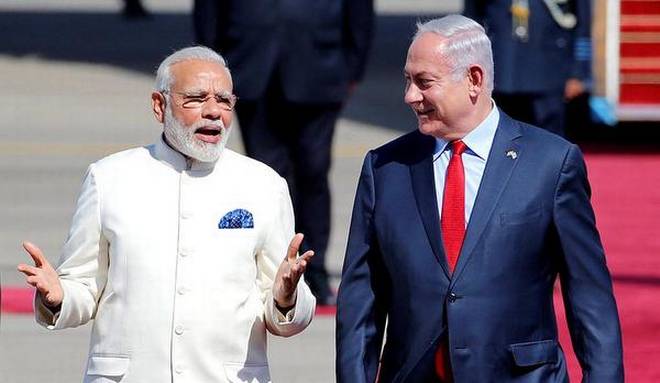
In the closely scrutinised India-Israel relationship, there is little in the public domain that rema.....
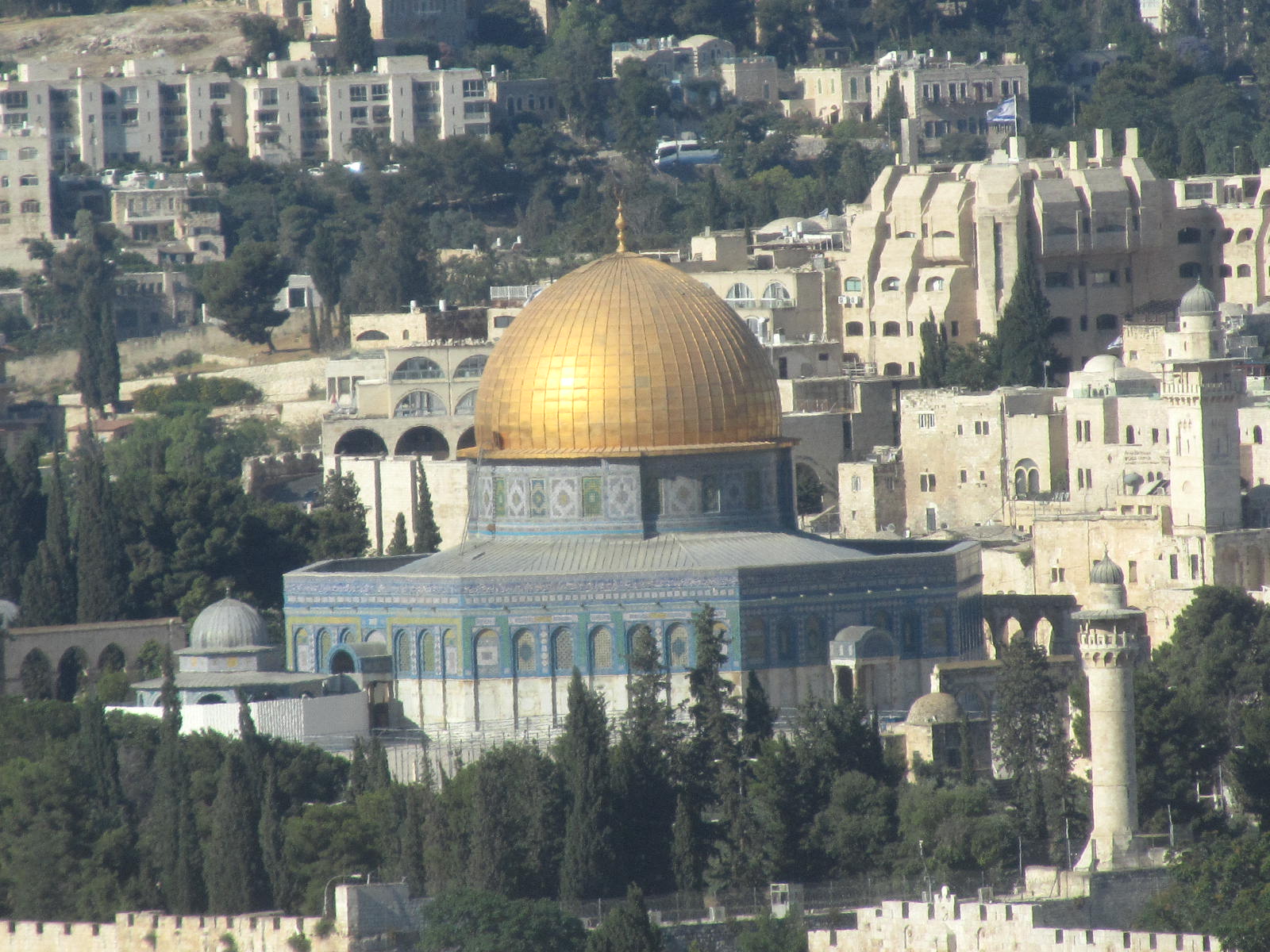
You know what, it will go to the dustbin’ my articulate friend was blunt, brutal but.....
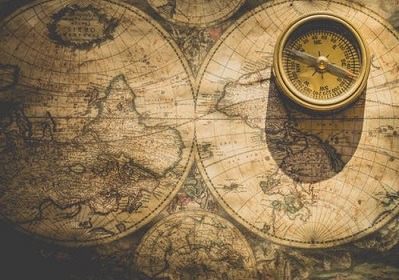
Balfour Declaration, A Century Later If one were to make a list of the most influential.....
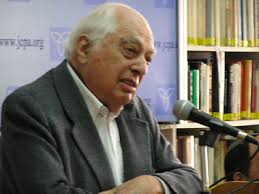
Professor Bernard Lewis—a towering personality on the Middle Eastern academic landscape—.....
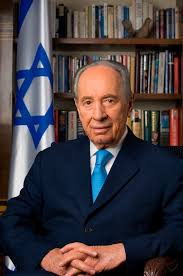
B orn in Poland on 2 August 1923, Szymon Persk who later Hebraised his name as Shimon Peres was the leader.....
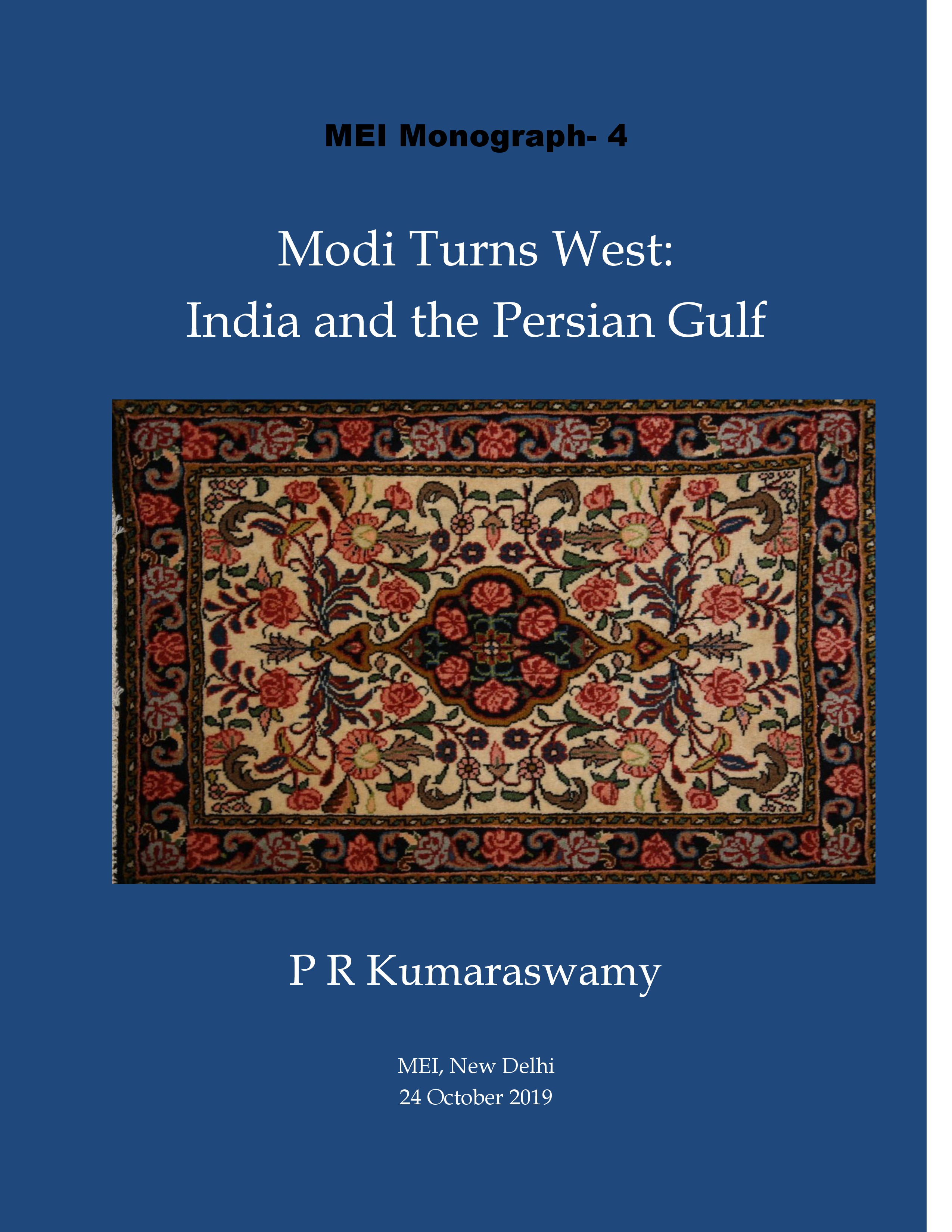
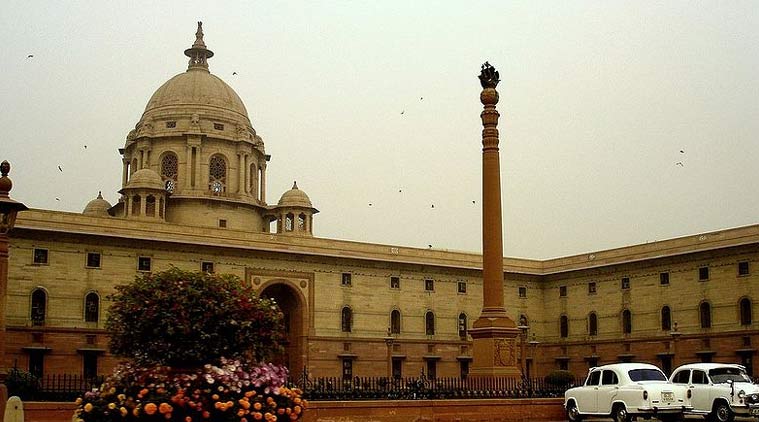
W hat What began as a protest by a marginalized vegetable vendor in Sidi Bouzid in Tunisia soon spread lik.....
